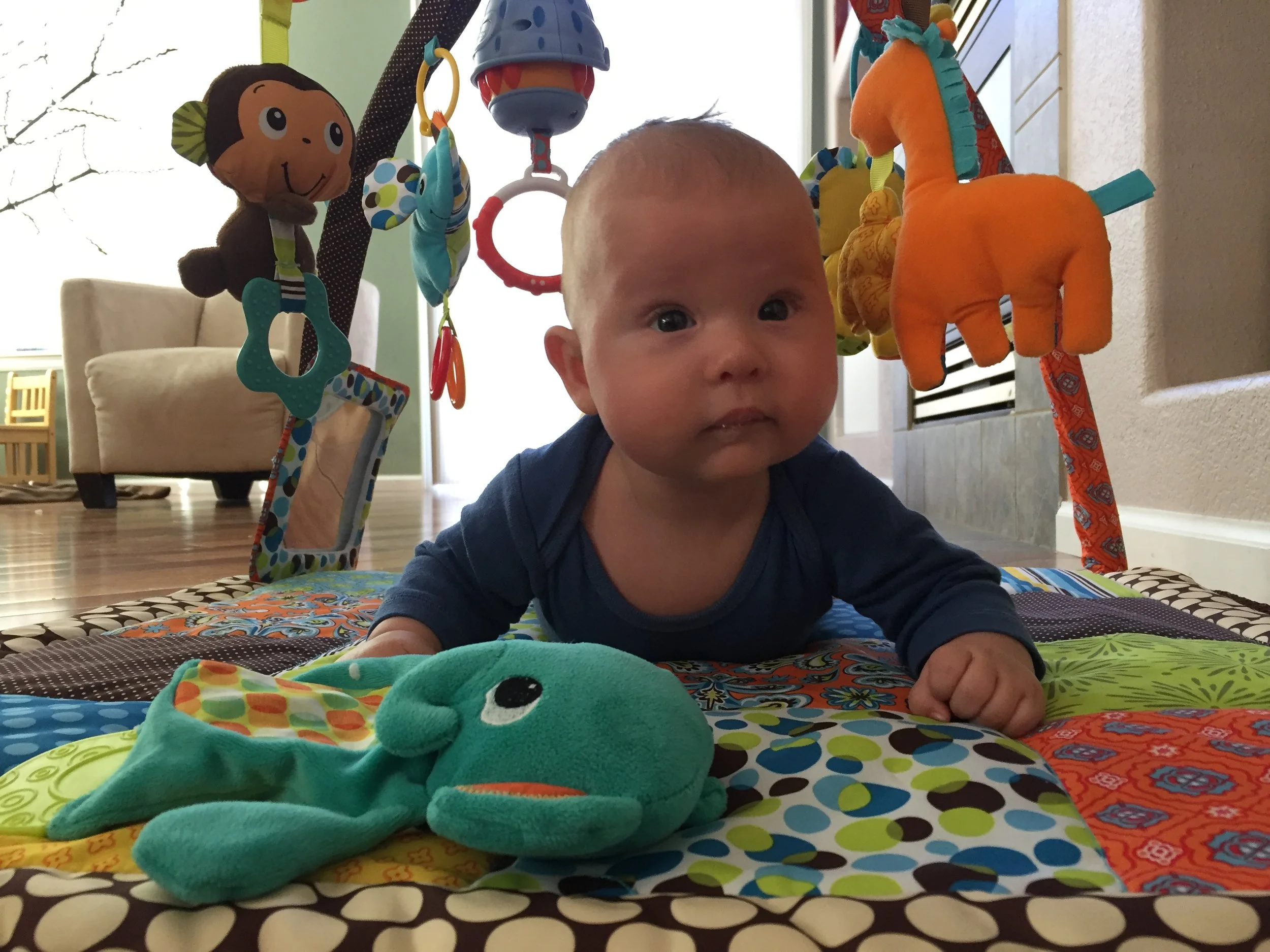U.S. Ranks Last When it Comes to Maternity Leave
Despite the rhetoric we often hear in politics on supporting families and family values the reality is that the U.S. ranks last among developed countries in many family policies including maternity leave. In fact the U.S. is the only country among 37 developed nations that doesn't offer paid maternity leave. In the U.S. FMLA law allows for twelve weeks of unpaid maternity leave during which time your job is guaranteed, and even this does not apply to all Americans, your company has to be of a certain size so those who work for a small company or are self employed have no protection. Why do I feel the need to rant about this- because it effects millions of Americans and for the richest country in the world, we should do better. Also it contributes to the gender pay gap and moms "opting out" or being pushed out of the workforce. When I was at Stanford I took a class on women's issues (my elective of choice was full!) and was shocked to find out a large percentage of women from the most prestigious business schools were dropping out of the workforce and the research showed the main culprit was the lack of flexible work policies in large companies and that even if the company had more friendly policies there were often career consequences of utilizing the policies. Having just had a child myself I've had the luxury of taking the full 12 weeks leave under FMLA and am extending my time off with a personal leave. We're lucky enough that we can survive without my income for a while, however for many families that is not the case.
Paid Maternity Leave is Linked to Better Health for Moms and Babies
Research has linked paid maternity leave to better health for mothers and babies, lower rates of postpartum depression and newborn mortality and higher rates of breastfeeding. The American Academy of Pediatrics and a bunch of other organizations all recommend breastfeeding for six months or more, research has shown it improves babies immunity, health, and reduces diseases over a lifetime. To give you some perspective on breastfeeding I currently breastfeed Wolfe and it consumes 6-9 hours of my time a day, if I were working I don't know if I could keep it up, even if I were pumping which would probably be quicker I don't know if I could do it. Also breastfeeding works on supply and demand so if you feed your baby or pump less your milk supply will diminish so if you return to work and are pumping you need to be pretty diligent with the pumping. Research shows a lot moms end up giving up breastfeeding or reducing it when they return to work andI can see why given the time commitment, not to mention you need to have a workplace that is friendly to pumping.
Three Months is Pretty Minimal for Recovery
Three months is quite minimal for recovery let alone time to be with your baby after birth. In terms of time to recover, childbirth is one of the hardest things physically a woman will ever go through, and at three months your body is not fully recovered, add on top of that the stress of caring for a newborn, and not sleeping more than three or fours hours at a stretch and you can see why most developed countries provide more generous policies for moms and dads. Also it's pretty common to have complications during birth or after birth that can further add to the challenge of recovering. I'm very healthy by most counts and still ended up with a cesarean section which is a major surgery, followed by an infection at he incision, and mastitis- which put me in the hospital for a couple days which I'm still recovering from. Initially I thought three months sounded like a fair amount of time, however now having gone through it I honestly can't imagine going back to work before three months.
Getting Your Baby Off to a Good Start- The Beginning of a Baby's LifeEffects Their Long Term Development
Then there is the issue of spending time with your baby and how it effects your child's development. The U.S. has a very high percentage of babies in daycare and also one of the highest infant mortality rates in the developed world. While it's difficult to establish causation we know breastfed babies have better immunities and less disease than formula fed babies, we also know human contact, like what babies get during breastfeeding, and when mom is home spending lots of time holding and tending to the baby is correlated psychosocial development. New research even shows breastfeeding benefits babies brains resulting in enhanced development in key parts of the brain associated with language, emotional function and cognition. I know for me when I'm home with Wolfe I rarely get more than 15 minutes to do anything because he needs my attention, I'm constantly feeding him, holding him, changing diapers, walking him, etc. In most daycare situations he would not get this level of attention, they are not typically set up for a one to one caregiver to baby relationship. When babies are young they are developing fast and moms can miss out on special baby moments like the first smile.
Anyway there are lots of reasons why we should have a better policy for maternity leave, rather than rant on I'll include some articles including one from Stanford on the business case for paid maternity leave for those that think yea it would be great but it doesn't make sense from a business perspective.
Stanford- An Economist's Take on Why Parental Leave Matters
U.S. Dead Last Among Developed Countries When It Comes To Paid Maternity Leave
The U.S. ranks last in every measure when it comes to family policy, in 10 charts
7 Reasons the United States Needs Paid Maternity Leave
Well my 15 minutes is more than up, I've written this over several 15 minute breaks so hopefully it's coherent.





